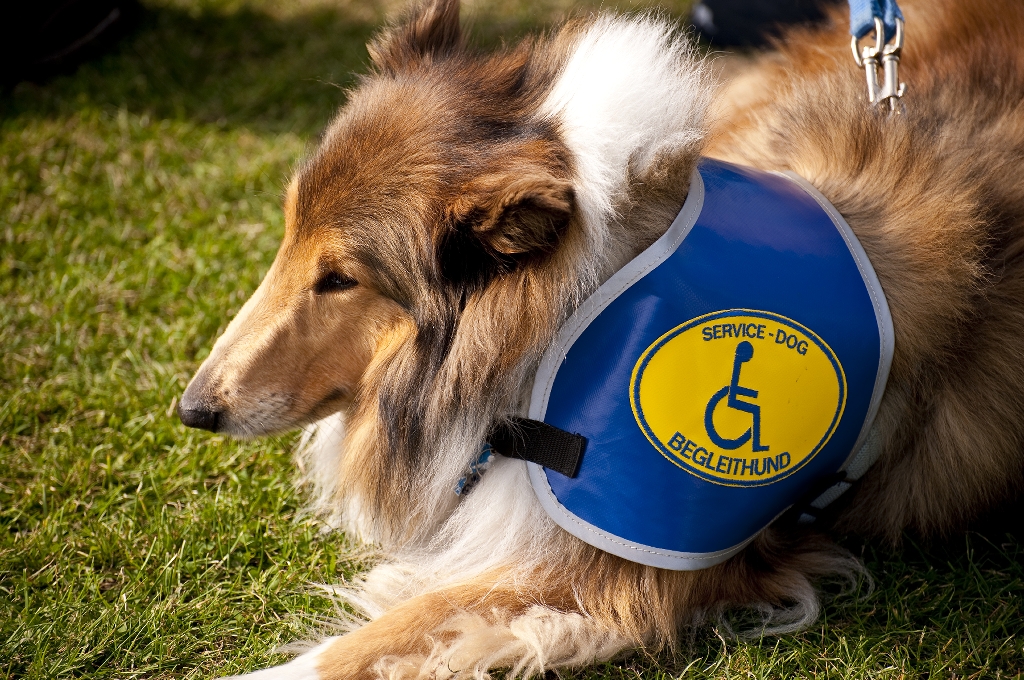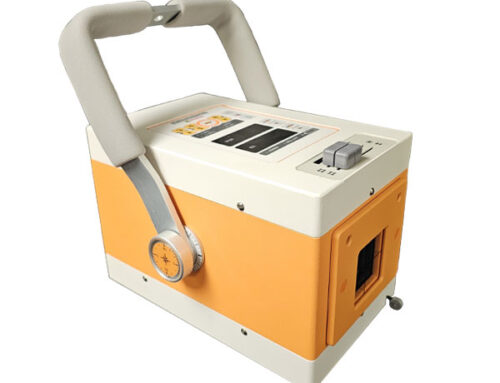We’ve all been there–the supermarket, the train, a restaurant. In comes someone with their dog. Why their dog…why not yours? It’s hard to figure out which animals are entitled to full public access and which are not.
Let’s take a look at the difference in each of these labels, and what they represent for owners and canine assistants.
A service dog is trained to perform tasks that ease the disability of his specific owner. Training typically takes 18-24 months. Interesting fact: Because of his advanced training, a service dog is considered medical equipment and is permitted to accompany his disabled owner to places where a family pet is not permitted.
An emotional support animal (notice we said “animal”– (cats, dog, mice, rabbits, birds, snakes, rats, potbelly pigs, ferrets, etc. may qualify)belongs to a person who is disabled. A doctor has determined that the presence of the animal is necessary for the disabled person’s mental health and written a prescription stating such. This “doctor’s note” supersedes any rules or regulations that bans pets in the home. The animal is not subject to training, though some may be assigned. The owner of an emotional support animal has the same rights than any other pet owner has…and little more. The owner has the right to keep the emotional support animal in a home with a “no pets” policy and to have the animal accompany them in the cabin of a plane.
Therapy dogs are pets that have been trained, tested, registered, and insured. More than likely, you’ll find them visiting hospitals and nursing homes cheering up the patients and staff. The training is chiefly behavioral and takes about 8 weeks. The practice of registering a therapy dog is chiefly to demonstrate that the dog is insured against liability, well-behaved and, most importantly, safe around strangers. Legally, a therapy dog is a pet, only allowed where facility managers and owners permit. The title “therapy dog” does not insure entry to any facility. Permission is always required.
Easy Reference to Titles
- Service dogs work to help the owner perform tasks he/she cannot perform on his/her own because of a disability
- Emotional support animals work to improve the health of her/his owner who is disabled
- Therapy animals work with an owner to improve the health of others
Each of these dogs fill an important role in the lives of the people around them. All should be respected and valued for those roles. Using a dog improperly is not only illegal, but can actually be detrimental to the animals and trainers who are compliant. Please be respectful and supportive of both the humans and dogs and the work they do.






